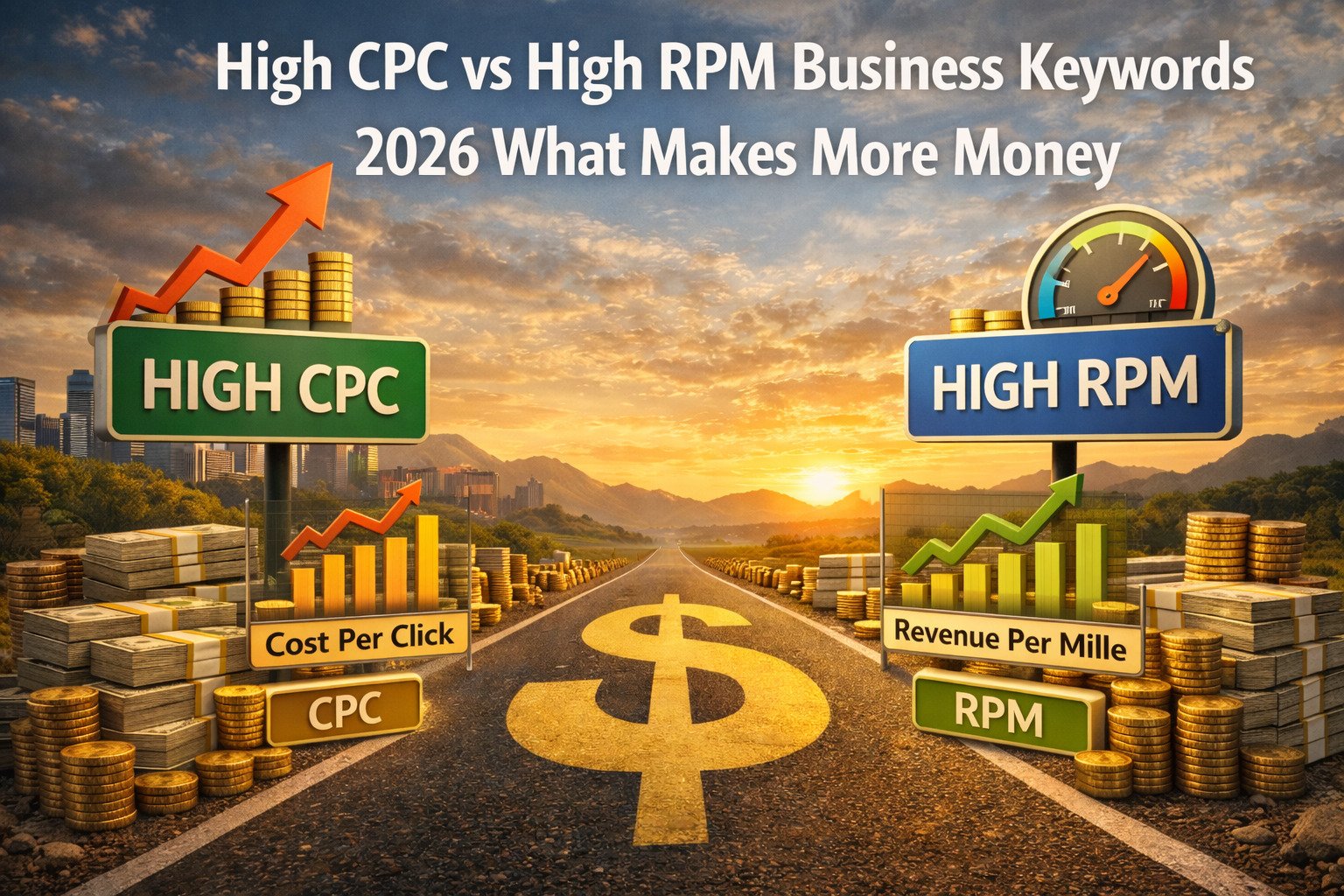Google’s advertising business remains the cornerstone of Alphabet Inc.’s extraordinary revenue generation. In 2025, advertising continues to propel Google’s financial success, accounting for the majority of its income. This article provides a detailed analysis of Google’s estimated daily advertising revenue in 2025, exploring the factors behind its earnings, market dynamics, and significance to businesses and marketers.
Alphabet’s Advertising Revenue Overview
In the third quarter of 2025, Alphabet reported total quarterly revenue of approximately $102.35 billion, with advertising revenue reaching an impressive $71 billion in Q2 alone. Advertising accounts for around 70% of Alphabet’s total revenues, cementing Google’s position as the global leader in digital advertising.
Google dominates the search engine market with nearly 90% market share, and its platforms, including Google Search, YouTube, and Google Display Network, provide advertisers unparalleled reach and targeting capabilities.
Calculating Google’s Daily Advertising Revenue in 2025
To approximate Google’s daily ad earnings, consider:
-
Alphabet’s quarterly advertising revenue: approximately $71 billion (Q2 2025).
-
Dividing this by 90 days in a quarter yields:
71 billion90≈788.9 million dollars per day
Thus, Google earns roughly $789 million daily from advertising alone in 2025.
This figure covers search ads, display ads, video ads on YouTube, app ads across Google Play, and programmatic advertising across its extensive network.
Key Drivers of Google’s Advertising Revenue
1. Search Ads
Google Search ads remain the largest revenue contributor, capitalizing on intent-driven queries where advertisers pay per click to appear in sponsored results. The platform attracts billions of daily searches globally, making it one of the most efficient ways to convert consumer intent into sales.
2. YouTube Advertising
YouTube advertising has grown exponentially, contributing over $10 billion quarterly. Video ads on YouTube, including in-stream ads, bumper ads, and Shorts monetization, account for a significant part of Google’s ad revenue, driven by high user engagement.
3. Google Display Network
With over 2 million websites, apps, and videos participating, the Google Display Network offers advertisers extensive reach outside of search engines, delivering banner ads, interstitial ads, and interactive formats.
4. Mobile and Programmatic Ads
The rise of mobile usage and AI-driven programmatic advertising has increased advertiser spending on Google platforms. Automated bidding strategies and AI-powered audience segmentation make campaigns more effective and justify higher ad spend.
Market Trends Impacting Advertising Revenue
Increasing Ad Spend on Digital Platforms
Businesses globally are allocating growing portions of their marketing budgets to digital advertising. Google’s effectiveness at targeting and conversion drives advertiser confidence and rising costs per click (CPC).
Seasonality and Event-Driven Peaks
Major holidays, sales events, and global occasions cause spikes in ad spending, temporarily boosting Google’s daily advertising revenue beyond average levels.
Growth of Long-Tail Keywords
Advertisers increasingly focus on long-tail keywords, which offer lower competition but high commercial intent, optimizing campaign performance and tapping into niche markets.
Advertising Costs and ROI
The average Google Ads cost per click in 2025 is approximately $5.26 on the Search Network, while costs on the Display Network tend to be under $1. Google states businesses can expect about $2 ROI for every $1 spent on Google Ads, with some industries reporting up to $8 ROI, making it an attractive channel for marketers.
How Advertisers Budget for Google Ads
Google Ads budgeting is flexible, with advertisers setting daily or monthly budgets that Google optimizes for performance. Average spend varies widely by industry, campaign goals, and target regions, but strategic management is key to cost-efficiency and growth.
Why Google Advertising Revenue Matters
Google’s massive daily advertising income reflects its vast user base and sophisticated monetization strategies. This revenue powers Alphabet’s R&D and innovations while offering businesses a channel to reach global audiences efficiently.
Advertisers benefit from Google’s scale, diverse ad formats, and continuously improving AI tools that enhance targeting and campaign outcomes.
Read More: Google Cloud Revenue Per Day in 2025: Growth, Impact, and Market Position
Conclusion
In 2025, Google earns approximately $789 million per day from advertising across its platforms, primarily from search, YouTube, and display ads. This advertising revenue forms the financial backbone of Alphabet Inc., underscoring Google’s pivotal role in digital marketing.
With ongoing innovations in AI, programmatic ads, and video content, Google’s advertising business is positioned for sustained dominance and growth in the evolving digital landscape.
For businesses aiming to maximize ad performance and ROI, understanding Google Ads’ ecosystem and trends is essential. For authoritative knowledge and updates, visit the official Google Ads Help Center.











1 thought on “How Much Does Google Earn from Advertising Per Day in 2025?”